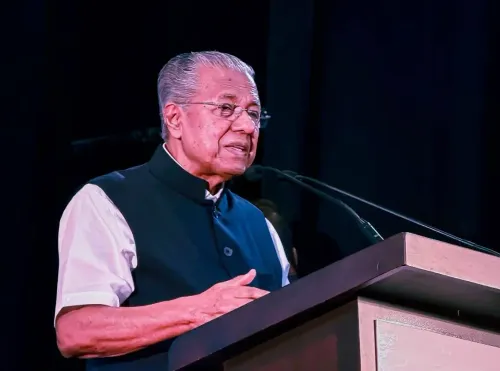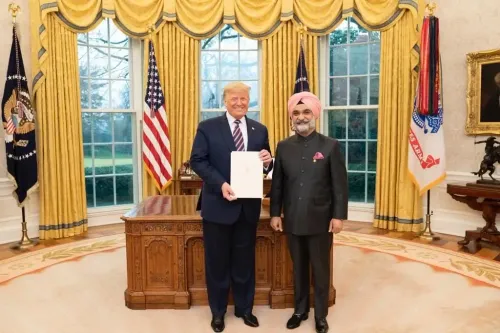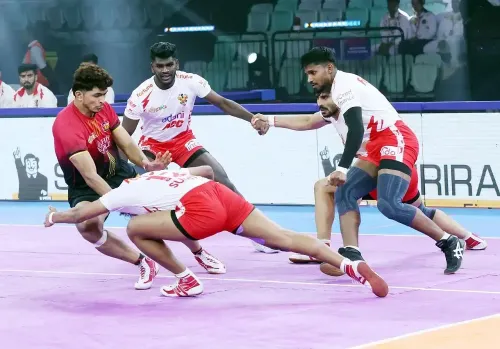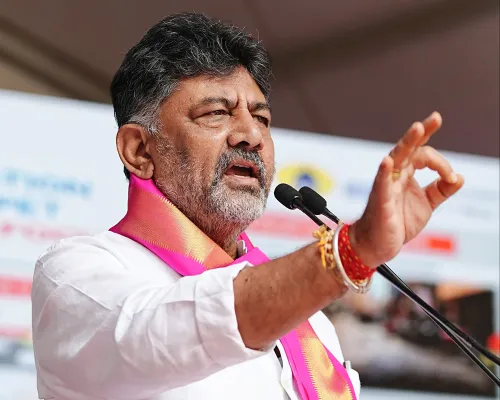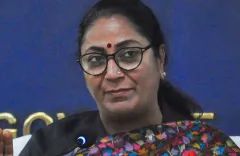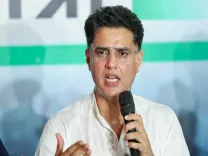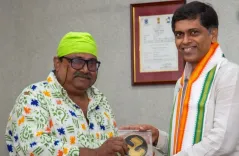Will the Supreme Court Hear the Plea Against Maratha Quota Law in July?
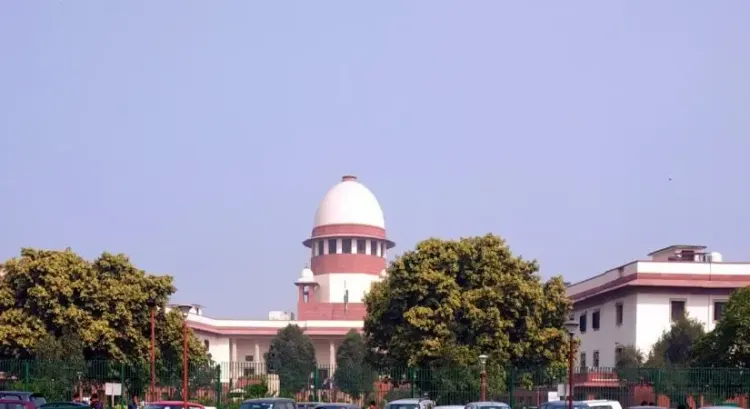
Synopsis
Key Takeaways
- Supreme Court to review plea on Maratha quota.
- Bombay High Court's interim order remains.
- 10% reservation for Maratha community at stake.
- Previous quota laws faced challenges in court.
- Legal implications for reservation policies.
New Delhi, June 26 (NationPress) The Supreme Court has consented to evaluate a plea in July that contests the ruling made by the Bombay High Court. This ruling mandated that the interim measure from last year, which permits the Maratha community to benefit from a 10 percent reservation in educational institutions and public employment, remain in effect.
Following a lawyer's request for urgent attention, a Bench consisting of Justices K.V. Viswanathan and N.K. Singh confirmed that the plea will be scheduled for consideration upon the court's re-opening post-July 14.
In a ruling delivered on June 11, the Bombay High Court allowed the Maratha community to temporarily access the 10 percent reservation, pending the final resolution of petitions disputing the legitimacy of the controversial Maharashtra State Reservation for Socially and Educationally Backward Classes (SEBC) Act, 2024.
The SEBC Act, which grants a 10 percent quota to the Maratha community, was enacted by the prior Eknath Shinde-led government in February of last year after the Justice (retd) Sunil Shukre-led Maharashtra State Backward Class Commission (MSBCC) concluded that "exceptional circumstances and extraordinary situations exist" justifying the quota exceeding the 50 percent limit.
Importantly, the Supreme Court previously invalidated a similar quota law passed by the Maharashtra legislature in 2018 for violating the 50 percent cap established in the landmark Indra Sawhney case from 1992.
A five-judge Constitution Bench, in its ruling from May 2021, stated that it could not identify any exceptional circumstances warranting a 12-13 percent reservation for the Maratha community and subsequently nullified the Maharashtra Socially and Educationally Backward Classes (SEBC) Act, 2018.
Additionally, the Supreme Court has asserted that states lack the authority to compile lists for socially and educationally backward classes, affirming that only the President possesses the exclusive power to designate a community as backward.
The court also rejected a review petition from the Maharashtra government that sought to revisit this judgment. Prior to this, it dismissed a request from the Union government for reconsideration of the May 5, 2021, ruling.

